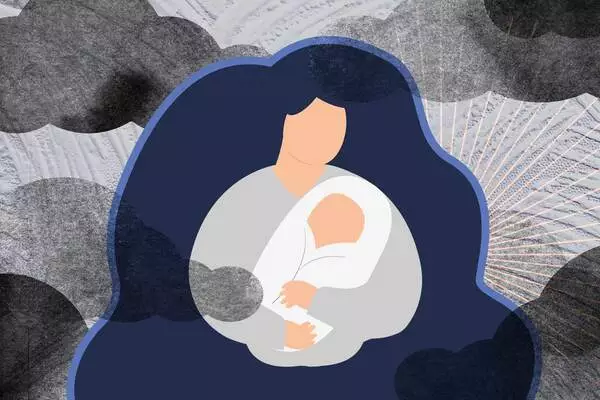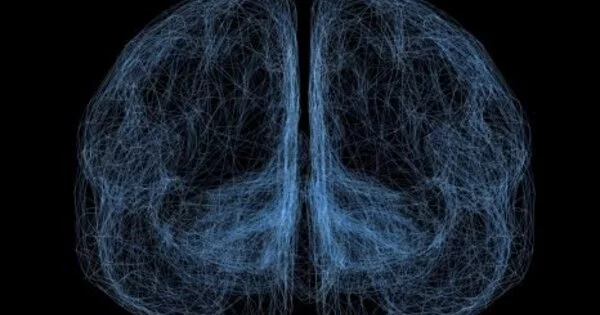Postpartum depression is not a flaw or a weakness. Sometimes it’s just a side effect of giving birth. If you have postpartum depression, getting help right away can help you manage your symptoms and bond with your baby.
Newly discovered biological changes in postpartum depression mothers may help to explain the condition, yield long-awaited treatments, and allow doctors to identify those at risk even before their babies are born.
Postpartum depression affects up to 20% of new mothers and can be fatal for both mother and child. Suicide accounts for approximately 20% of maternal deaths after childbirth. Postpartum depression can make new mothers anxious and irritable, cause self-doubt, and make bonding with their baby difficult, as well as interfere with their ability to think, sleep, and eat. Maternal postpartum depression can affect the child’s cognitive, emotional, and social development.
The finding that cells aren’t cleaning out old proteins and cellular debris, called autophagy, occurs before women develop depression symptoms, indicating that it could be part of the disease process.
Jennifer L. Payne
Risk factors for postpartum depression are thought to include the mother’s age at childbirth, diabetes and prior history of mental health issues. But the new discovery, from a UVA Health researcher and her collaborators at John Hopkins Medicine and Weill Cornell Medicine, suggests a previously unknown biological contributor: an impairment of the body’s ability to clean up old genetic material and other cellular debris.
“The finding that cells aren’t cleaning out old proteins and cellular debris, called autophagy, occurs before women develop depression symptoms, indicating that it could be part of the disease process,” said Jennifer L. Payne, MD, director of the Reproductive Psychiatry Research Program at the University of Virginia School of Medicine. “There are several medications that promote autophagy in cells, so this finding might open the door to new treatments and to identification of women at risk of postpartum depression before they become ill.”

Understanding Postpartum Depression
Payne and her colleagues wanted to see if a newly discovered type of cell communication known as “extracellular RNA communication” could contribute to postpartum depression. This type of cellular communication is enhanced during pregnancy and is important in the implantation of the fertilized embryo as well as the body’s subsequent inflammatory response, among other things.
The researchers examined blood plasma samples taken from 14 pregnant women during and after their pregnancies. This included both women who experienced and did not experience postpartum depression. The researchers discovered that extracellular RNA communication in immune cells was significantly altered in women suffering from postpartum depression. Further, they determined that this “large and consistent” change significantly limited the women’s bodies’ ability to perform important cellular cleanup suggesting a potential biological cause for their depression.
“Autophagy deficiencies are thought to cause toxicity, which may lead to the changes in the brain and body associated with depression,” Payne explained. “We’ve never fully understood the biological basis for postpartum depression, and this discovery brings us closer.”
Researchers may be able to target this biological issue to develop treatments for postpartum depression now that it has been identified. They may also be able to use the discovery to create a blood test that can identify those at risk before their babies are born. This could allow doctors to intervene earlier, making life easier and better for new mothers.
“I hope very much this finding leads to better treatments for postpartum depression,” Payne said. “Our goal is to one day prevent PPD in women at risk.”





